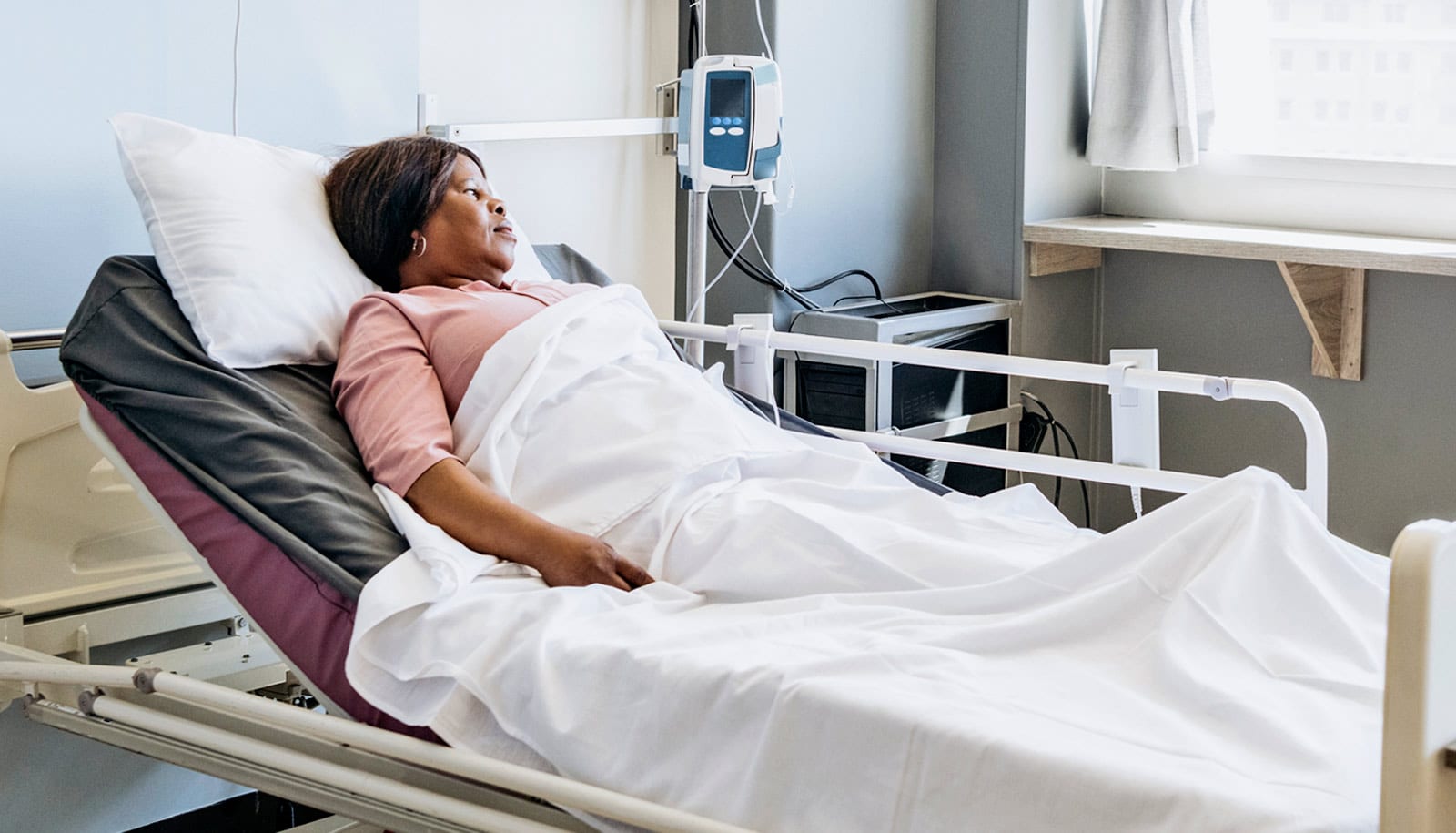African Americans are at higher risk for cancer-associated venous thromboembolism (VTE) when compared with patients from other races, a new study shows.
VTE is a condition in which a blood clot forms in a vein and then dislodges to travel in the bloodstream.
In the US, VTE is responsible for an estimated 300,000 deaths annually and an estimated 20% of these deaths occur among patients with cancer. Several studies have shown that patients with cancer are at a significantly increased risk of developing VTE, yet the influence of race on cancer-associated VTE remains unexplored until now.
For a new study in the American Journal of Clinical Oncology, researchers identified 16,498 subjects with organ and hematologic cancers from 2004 to 2018. Among this group they identified 186 VTE cases. The majority of the events occurred within the first two years of cancer diagnosis.
Overall, African American patients showed a three times higher incidence of VTE compared with Caucasian patients. Researchers observed the difference in certain cancer types such as lung, gastric (stomach), and colorectal. In lung cancer, African American patients had 2.77-times greater odds of developing VTE than white patients.
Studies have shown that VTE is the second most common cause of non-cancer related deaths in patients with cancer and is a significant predictor of decreased survival during the first year for all cancer types. However, current models for predicting a patient’s risk of developing VTE do not factor in race and, as such, are likely incomplete and inaccurate.
Researchers believe the new study has implications for creating new tools that integrate race as a risk factor to help clinicians more accurately predict the risk for developing VTE in patients with cancer.
“The integration of race into treatment algorithms for anticoagulation in cancer patients may further optimize risk-predictive models and more accurately stratify the risk of cancer-associated VTE says corresponding author Vipul Chitalia, associate professor of medicine at Boston University School of Medicine.
The National Institute of Health, and the Evans Center ARC on Thrombosis and Hemostasis at Boston University School of Medicine funded the work.
Source: Boston University



